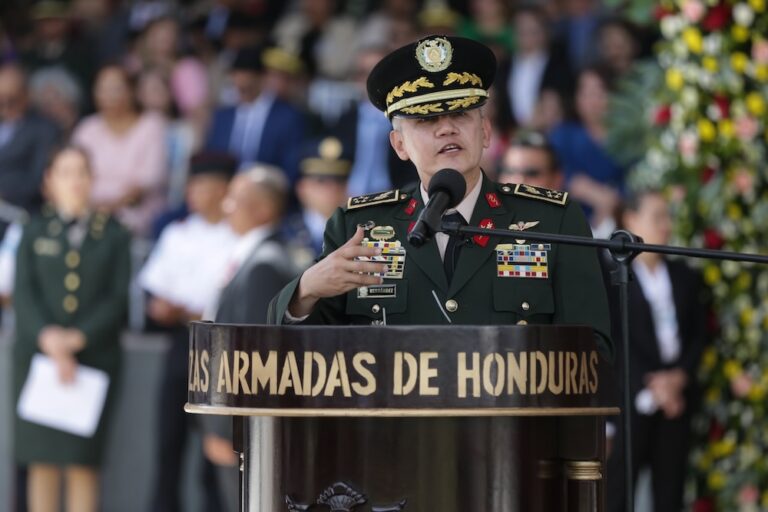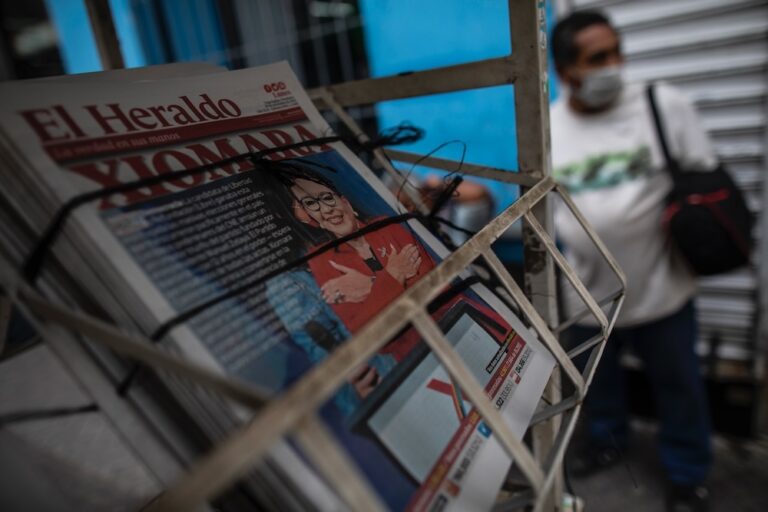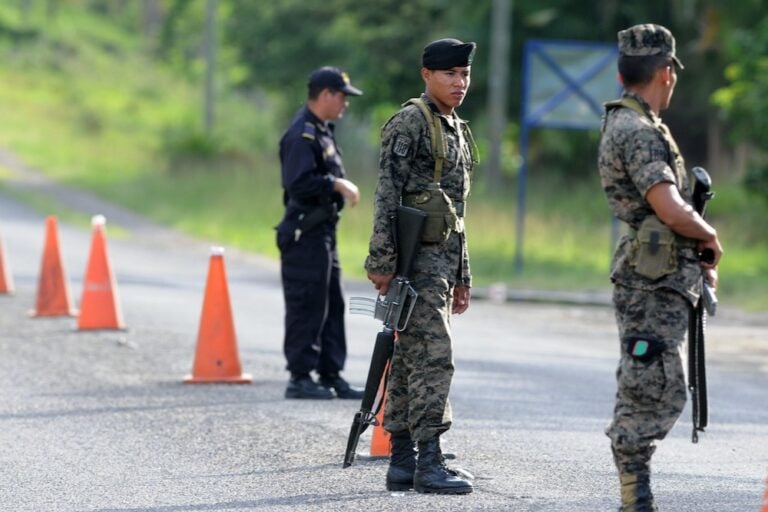(PROBIDAD/IFEX) – The Supreme Court has ratified a ruling in favour of businessman Rafael Nodarse, owner of Canal 6 television station, based in the city of San Pedro Sula. The state, via the National Telecommunications Commission (Comisión Nacional de Telecomunicaciones, CONATEL), had prevented the station from increasing its signal range to broadcast in Tegucigalpa and […]
(PROBIDAD/IFEX) – The Supreme Court has ratified a ruling in favour of businessman Rafael Nodarse, owner of Canal 6 television station, based in the city of San Pedro Sula. The state, via the National Telecommunications Commission (Comisión Nacional de Telecomunicaciones, CONATEL), had prevented the station from increasing its signal range to broadcast in Tegucigalpa and other Honduran cities.
Nodarse told the local press that as a result of the Supreme Court’s ruling, Canal 6 will now be able to compete with other national networks.
“I want to highlight what this means for Honduras and for freedom of expression. Our station was censured and prevented from broadcasting in Tegucigalpa by the government of former president Carlos Flores (1998 – January 2002). We suffered serious economic losses after CONATEL cancelled our right to use certain frequencies and dismantled our transmission equipment,” Nodarse added.
At the time, Nodarse appealed CONATEL’s actions before the courts. On three occasions, the courts ruled in Canal 6’s favour, but CONATEL refused to comply with the resolutions. The recent Supreme Court ruling, however, forced the government body to allow Canal 6 to increase its signal range.
According to Nodarse, since the beginning of the station’s inception nine years ago, the media outlets that monopolise the airwaves have tried to impede Canal 6 from increasing its signal range. gnal. Nodarse added that the station encountered its most difficult period under the previous government, when it was prevented from transmitting in Tegucigalpa.
In 2003, the Canal 6 case was brought to the attention of the Inter American Press Association (IAPA) by National Human Rights Commissioner Ramón Custodio, who argued that the state, via CONATEL, was refusing to comply with a court decision. The National Industry Association (Asociación Nacional de Industriales, ANDI) also spoke out in favour of Nodarse in a paid advertisement pubished in March 2003.
This alert has been prepared by PFC with information from Committee for Free Expression (Comité por la Libre Expresión, C-Libre).


